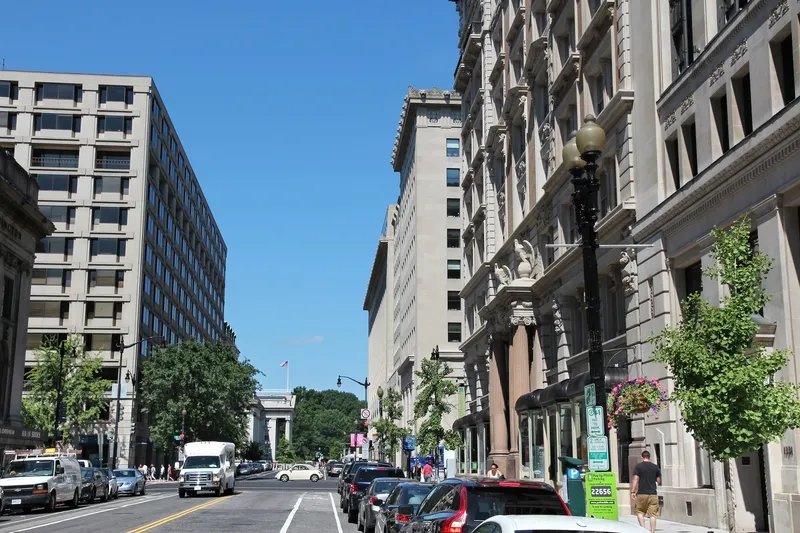
CurbFlow is launching Virtual CurbFlows to provide delivery drivers with information on available kerb space using its network of merchant-hosted devices in Washington, DC and Columbus, Ohio.
In a blog post, CurbFlow founder Ali Vahabzadeh says the solution virtualises the existing kerb space without repurposing the rules, regulations or infrastructure.
CurbFlow reveals the solution uses its computer vision (CV) and customised machine learning (ML) models to detect availability in real-time along with measure length to tell fleet customers which vehicles will fit in open spaces.
One delivery driver likens the real-time service to being "like Waze for parking".
CurbFlow’s network of computer vision devices (CVD) can also divert drivers to alternate spots if space in front of the destination is fully occupied, the company adds.
This approach may help reduce the time drivers spend looking for available kerb space as research from the University of Washington shows commercial vehicle cruising on average accounts for 28% of the total trip time.
“Mindful of privacy concerns, we’re computing where the device is — at the edge — so we don’t have to stream and store video back to a cloud that may be compromised, as we’ve seen in a number of high-profile cases,” Vahabzadeh continues. “Further, we don’t use any facial recognition technology.”
This approach allows merchants and delivery operators to team up to build a virtual network to benefit each other as well as pedestrians, cyclists and other drivers without needing to consume public resources, he says.
Later this month, CurbFlow will launch part of its virtual network in Washington, DC in a move which will provide drivers working for food delivery service DoorDash with exclusive use of the CurbFlow app.
The network of merchant-hosted devices installed in Washington, DC and Columbus resulted from a project in which CurbFlow invited commercial operators to reserve kerb space for deliveries at “hotspot” locations which it calls Managed CurbFlows.
CurbFlow found restaurant and retail merchants responded positively to kerb space being repurposed from on-street parking to digitised loading zones.
There will be more on this story in the North America edition of ITS International September/October issue










